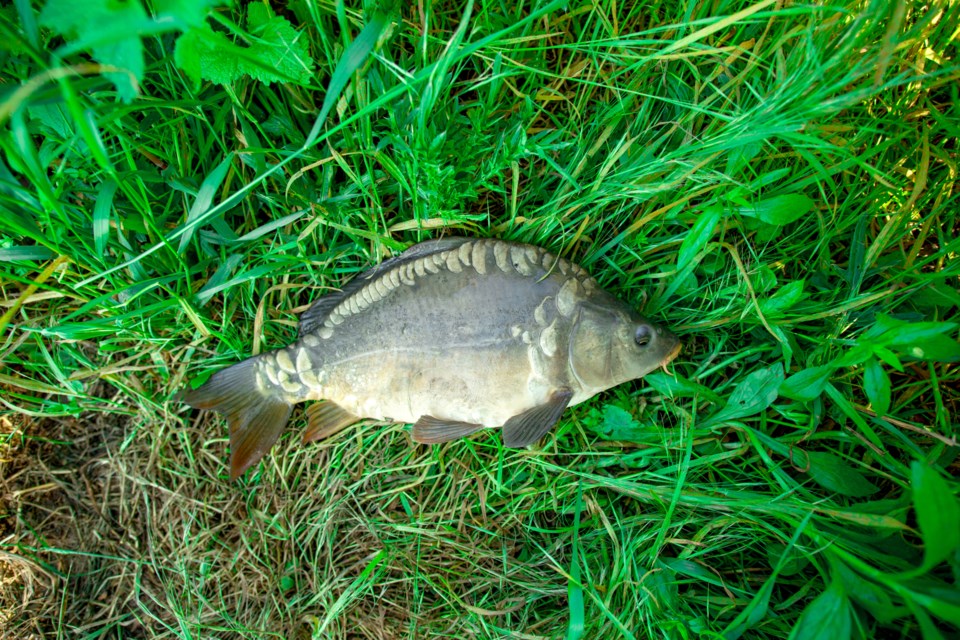If there is any silver lining in a recent report that warns about the arrival of the destructive Grass Carp fish species in the Great Lakes, it may be that Lake Superior is the least likely to be affected.
The Grass Carp, native to Eurasia, is one of four Asian carp species and has been found in Lakes Michigan, Erie and Ontario.
A study commissioned by Fisheries and Oceans Canada (DFO) and the Great Lakes Fishery Commission concluded that the ecological impact of the invasive species in most areas of the Great Lakes basin could be "extreme" within the next five decades.
Experts say the Grass Carp has a voracious appetite, consuming 40% of its body weight in aquatic vegetation in a single day. Its impact on the natural ecosystem is extreme because of its ability to outcompete for space and food, and its lack of natural predators.
One of the significant findings of the study is that, while earlier sampling of Grass Carp showed that they were sterile, more recent samples have been fertile. Of 23 fish captured in Lakes Erie and Ontario between 2013 and 2016 by the DFO, 9 were capable of reproducing.
Mark Gaden, communications director for the Great Lakes Fishery Commission, told tbnewswatch.com that "Grass Carp have been found here and there for several decades in the Great Lakes in small numbers. What's new is that the recurrence of fertile Grass Carp has been more regular."
Gaden said that leads to the risk of a population being firmly established in the years ahead.
"Establishment within the next decades in Lakes Michigan, Huron, Erie and Ontario is quite likely if no management actions are taken, without any intervention," he said.
But there is a different outlook for Lake Superior. "Even if you extend the time horizon to 50 years...the likelihood is quite low," Gaden said.
He said that's because Lake Superior's habitat is not as suitable for the carp as parts of the other Great Lakes, "as for example, in some nice, weedy warm wetlands around Lake Erie."
